L-carnitine Injection is synthesized in the liver from the amino acids methionine and lysine. This naturally occurring substance is found in all mammalian tissues, especially striated muscle, and is required in energy metabolism, such as the oxidation of fatty acids, facilitating the aerobic metabolism of carbohydrates, and enhancing the excretion of certain organic acids. While only the L isomer is present in the biologic system, commercial synthesis of carnitine produces a D,L racemic mixture, from which the L-isomer is obtained. The D-isomer has pharmacologic effects but does not participate in lipid metabolism. Commercially, carnitine is available as both a prescription and non-prescription product. The prescription version is levocarnitine, while most dietary supplements contain D,L-carnitine which is commonly sold in health food stores.
Levocarnitine has been used in the treatment of primary and secondary carnitine deficiency in adults and neonates, Alzheimer’s disease, dilated cardiomyopathy in adults and children, valproic acid-induced hepatotoxicity in children, and hyperlipoproteinemia. It has been designated an orphan drug for a variety of conditions. Its use in alcohol induced fatty liver, Down’s syndrome, and chronic fatigue syndrome has shown varying results. Some athletes use carnitine supplements to increase exercise performance, however, the concept of carnitine loading does not appear to be very effective.1 Further, D,L-carnitine competitively inhibits levocarnitine. This inhibition may lead to a deficiency. Prescription forms of levocarnitine were approved by the FDA in 1985 (tablets), 1986 (oral solution), and 1992 (injection).
L-Carnitine belongs to the group named Amino Acid. Our body produces it to maintain basic metabolism. It is important in fatty acids burning and transforming them into energy. The L-Carnitine Injections is a weight loss treatment that helps the body turn fat into energy.some sportsmen use this L-carnitine to enhance their performance and tone up their muscles.And other beauty benefits.
Scope of application
Conditioning Cellulite
Dissolving Fats
Slimming
KEEP MEDICINE OUT OF THE SIGHT AND REACH OF CHILDREN
Precaution
Should be administered intravenously (IV) or subcutaneously (SC) by a licensed medical practitioner.
Recommended to administer if you are going to workout or exercise within the day or as advised by your physician.
Dosage
L-Carnitine injection is recommended at 1g every 2 days for best result. However, you may reduce the dosage with the advice of doctor. The L-carnitine is taken intravenously either by normal injection or using a butterfly needle or subcutaneous injection. After taking this L-carnitine, you can carry out exercise around 15-20 minutes daily.
Benefits of L-Carnitine
* Ultilization of energy – Fatty acids are transported more into the cells for burning. Energy yield and you can lose more weight by exercising.
* Balanced Cholesterol level – Because the fatty acids are being used up for burning, thus our cholesterol level will be balanced up by increasing the HDL and lowering LDL.
* Healthy Heart – Because the cholesterol level is in controled, so the risk at which arterioscleriosis will be minimised. If a person who has exposed to arterioscleriosis and aged, he will definately facing the risk of heart attack because the heart is using alot of energy to pump blood through narrow vessels.
* Muscle building – For people who work out in gym, they will use L-carnitine for toning up the musles. When fatty acids are transported and burned in mitochorndria, those fat tissue will getting lesser and more muscle is built by exercising.
Side effects
It can cause side effects such as nausea, vomiting, stomach upset, heartburn, diarrhea, and seizures. It can also cause the urine, breath, and sweat to have a “fishy” odor.
DO NOT USE IN CASE OF PRESENCE OF TURBIDITY OR PRECIPITATES
Store below 25℃.Store in the original carton in order to protect from light.
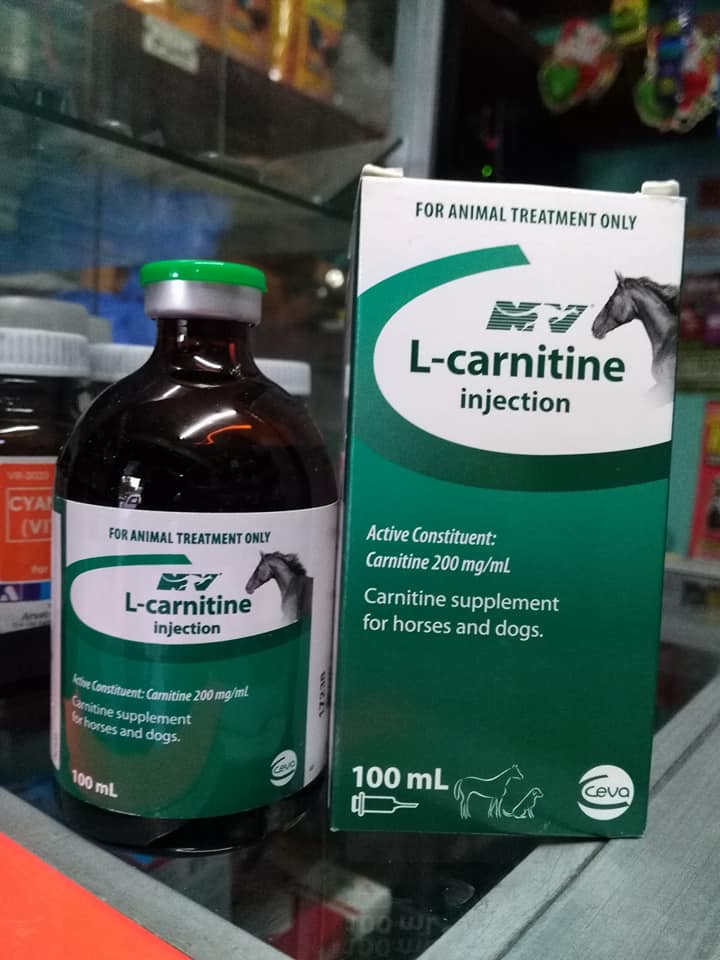
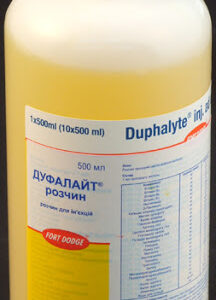
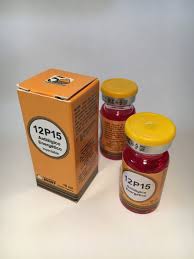
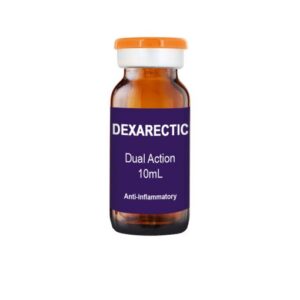
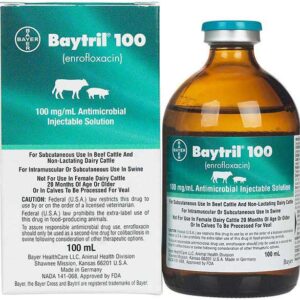
Reviews
There are no reviews yet.